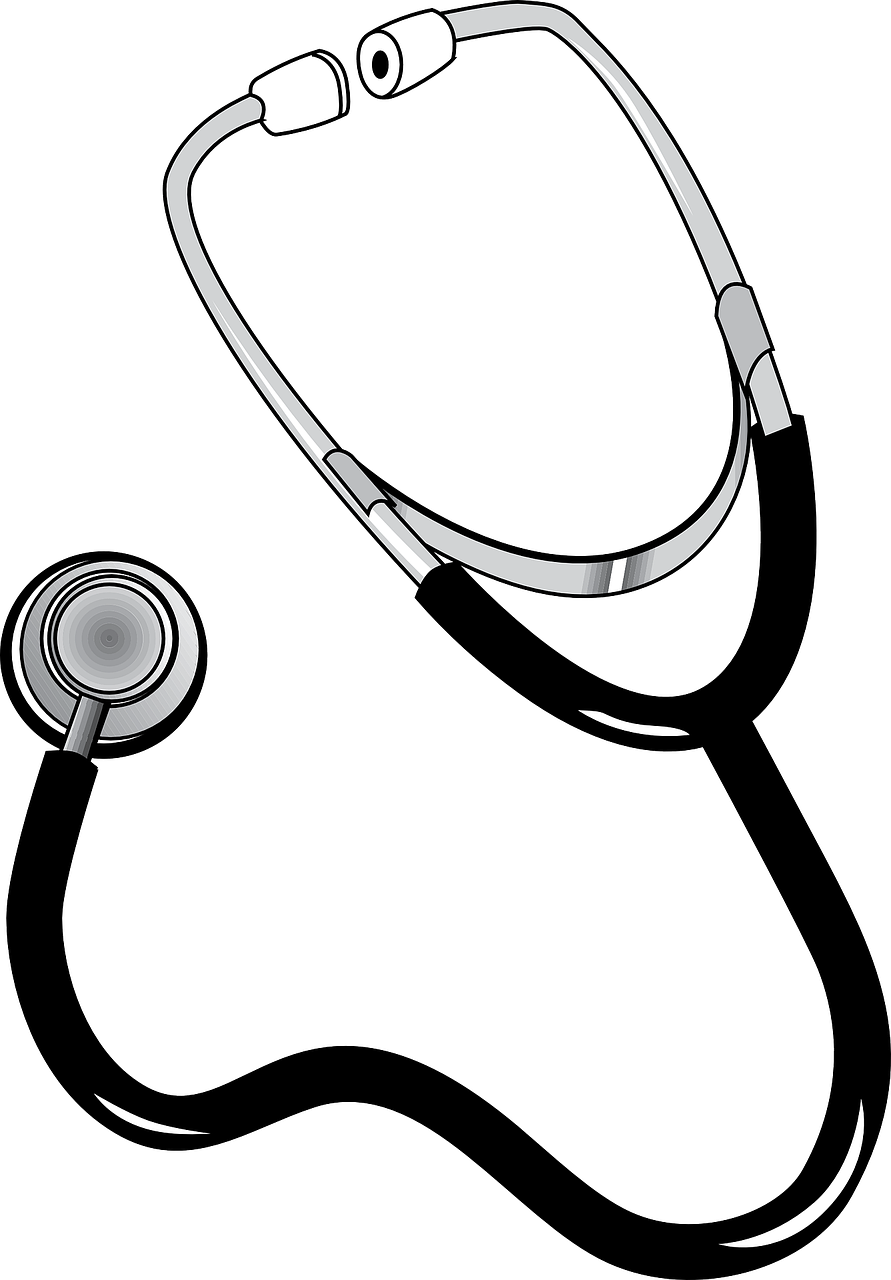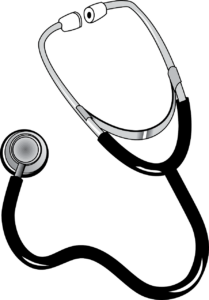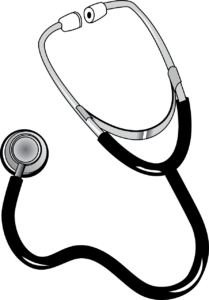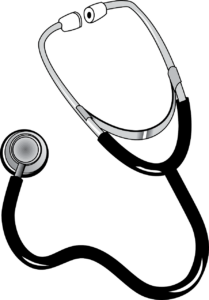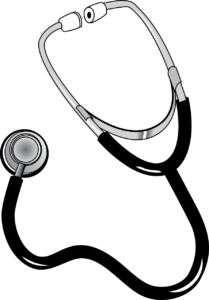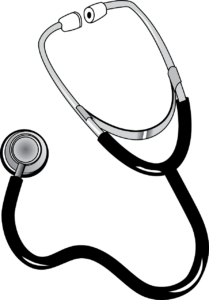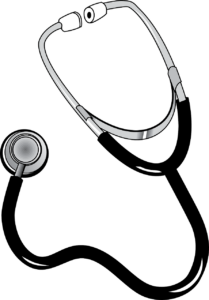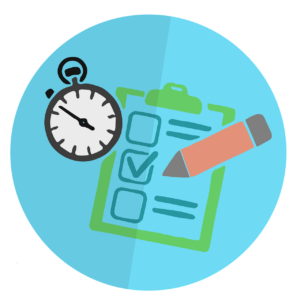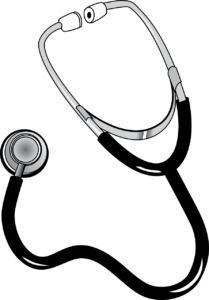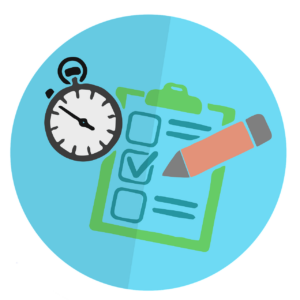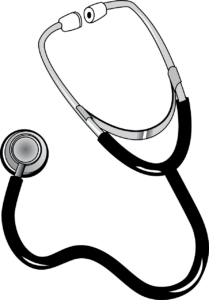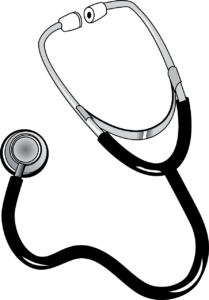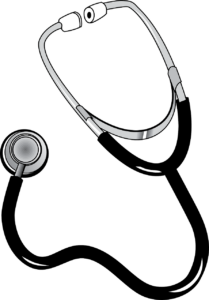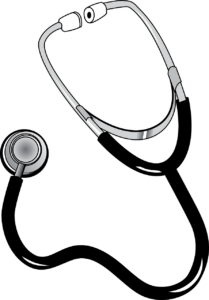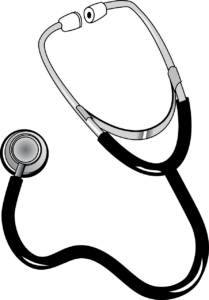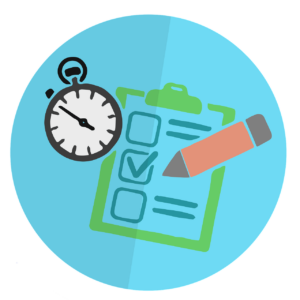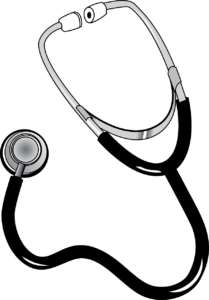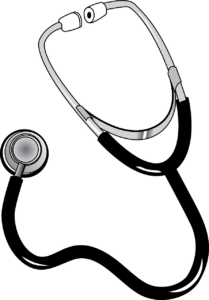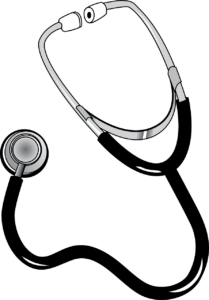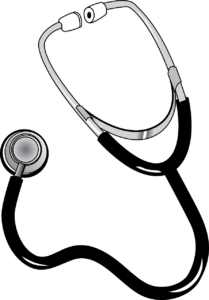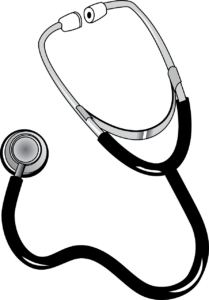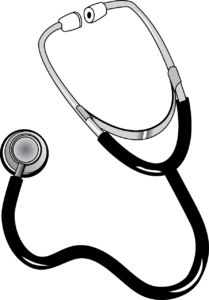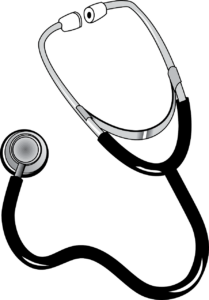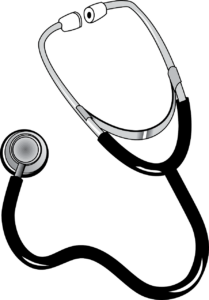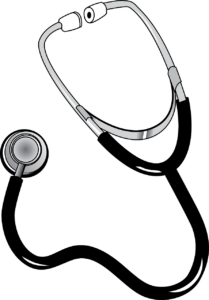Are you feeling overwhelmed and nervous about your upcoming nursing fundamentals final exam? Don’t worry, you’re not alone. Many nursing students experience anxiety and stress leading up to this crucial test. But with the right study guide and practice questions, you can feel confident and prepared on exam day.
In this article, we will provide you with a comprehensive study guide and practice questions to help you review key concepts and terminology, essential nursing skills, and test-taking strategies. You will also find resources for further review and tips for final exam day.
Whether you’re a first-year nursing student or a returning RN looking to refresh your knowledge, this guide will help you ace your nursing fundamentals final exam.
Key Takeaways
- Familiarizing oneself with key concepts and terminology in nursing fundamentals is crucial.
- Mastering essential nursing skills is necessary to provide quality care to patients.
- Understanding the human body’s anatomy and physiology is essential for nursing students.
- Utilizing online resources can help prepare for the nursing fundamentals final exam.
Key Concepts and Terminology
You’ll need to familiarize yourself with the key concepts and terminology in nursing fundamentals, as it’ll help you better understand the material and communicate effectively with patients and colleagues.
The Nursing Fundamentals Final Exam: Key Concepts and Terminology encompasses a wide range of vocabulary related to health, illness, and nursing care. Understanding Nursing Fundamentals Vocabulary is essential in providing quality care and following proper protocols in healthcare settings.
Some of the key concepts and terminology that you should focus on include the nursing process, patient assessment, vital signs, medication administration, and infection control.
You’ll also need to understand medical terminology, anatomy and physiology, and common healthcare abbreviations. By studying these concepts and terminology, you’ll be better equipped to provide safe and efficient care to your patients and communicate effectively with other healthcare professionals.
Make sure to review these concepts and terminology thoroughly before taking your Nursing Fundamentals Final Exam.
Essential Nursing Skills
It’s important to master essential nursing skills in order to provide quality care to your patients. As a nurse, you’re responsible for the well-being of your patients and must possess the necessary skills to make informed decisions about their care.
Here are five essential nursing skills that will help you provide the best possible care to your patients:
-
Clinical judgment: As a nurse, you must be able to make quick and effective decisions based on patient assessments and medical history. Your clinical judgment plays a critical role in determining the appropriate course of action for your patient’s care.
-
Patient communication: Effective communication is essential in nursing care. You must be able to communicate with your patients in a way that is clear and easy to understand, while also showing empathy and understanding towards their needs and concerns.
-
Medication administration: As a nurse, you’re responsible for administering medications to your patients. You must be knowledgeable about the medications you’re administering, including their dosage, side effects, and interactions with other medications.
-
Wound care: Wound care is an essential nursing skill that is required for most patients. You must be knowledgeable about different types of wounds and their proper treatment, as well as the use of different wound care products and techniques.
-
Patient safety: Patient safety is a top priority for nurses. You must be able to identify potential safety risks and take appropriate action to prevent harm to your patients. This includes monitoring vital signs, fall prevention, infection control, and other safety measures.
By mastering these essential nursing skills, you’ll be equipped to provide the highest quality care to your patients and make a positive impact on their lives.
Test-Taking Strategies
When it comes to test-taking strategies, there are three key points you should keep in mind.
First, manage your time wisely to ensure you have enough time to answer all questions.
Second, when faced with multiple-choice questions, use proven techniques to help you choose the best answer.
Finally, learn how to eliminate wrong answers to increase your chances of selecting the correct one.
By mastering these strategies, you can approach any nursing exam with confidence and achieve the results you deserve.
Time Management
Managing your time effectively is essential for success in nursing school. As a nursing student, you’re expected to balance coursework, clinical rotations, and other responsibilities. You need to develop effective prioritization and delegation techniques to ensure you can accomplish everything that needs to be done.
One effective way to manage your time is to create a to-do list at the beginning of each day. Prioritize tasks based on their urgency and importance. For example, studying for an upcoming exam should be a higher priority than watching TV or browsing social media.
Additionally, consider delegating tasks when possible. For instance, if you have a group project, delegate tasks to group members based on their strengths and availability. Effective delegation can save you time and enable you to focus on tasks that require your attention.
By incorporating these time management strategies, you can increase your productivity and reduce stress levels, leading to success in nursing school.
Managing your time efficiently is critical for nursing students. Effective prioritization and delegation techniques are essential to accomplish all tasks while balancing all your responsibilities. Creating a to-do list at the beginning of each day and delegating tasks when possible are some of the effective ways to manage your time. By applying these strategies, you can achieve success in nursing school and have a better work-life balance.
Answering Multiple-Choice Questions
Mastering multiple-choice questions can be a game-changer for your academic success, giving you a sense of confidence and accomplishment. Effective strategies can help you tackle these questions with ease and accuracy.
First, read the question carefully, make sure you fully understand what it’s asking before you look at the answer choices. Then, identify key words in the question that will help you eliminate incorrect options. Finally, use the process of elimination to narrow down your choices.
Common mistakes that students make when answering multiple-choice questions include rushing through the questions, not reading the question carefully, and second-guessing themselves. Rushing through the questions can lead to careless mistakes, which can cost you points.
Not reading the question carefully can lead to a misunderstanding of what the question is asking, leading to incorrect answers. Second-guessing yourself can also be detrimental, as you may change a correct answer to an incorrect one.
By using effective strategies and avoiding common mistakes, you can increase your chances of success when it comes to answering multiple-choice questions.
Eliminating Wrong Answers
Great job on understanding how to answer multiple-choice questions! Now, let’s focus on how to eliminate wrong answers. This is an essential skill to master as it helps you narrow down the options and increases your chances of selecting the correct answer.
Identifying distractors is the first step in eliminating wrong answers. Distractors are the incorrect options that are intentionally placed in the question to confuse you. One way to identify distractors is to look for common test-taking mistakes such as answers that are too broad or too specific, answers that use extreme language, or answers that contradict the question stem.
Eliminating these distractors will help you focus on the remaining options, making it easier to select the correct answer. Remember to read the question stem carefully and pay attention to any details or clues provided.
Eliminating wrong answers is a crucial skill to have when taking a multiple-choice exam. By identifying distractors and avoiding common test-taking mistakes, you can improve your chances of selecting the right answer. Don’t forget to practice this skill when studying for your nursing fundamentals final exam. Good luck!
Practice Questions
In this section, you’ll be presented with practice questions on key nursing fundamentals. These include Anatomy and Physiology, Medical Terminology, Pharmacology, Patient Assessment, and Medication Administration. These practice questions will help you assess your understanding of these topics and identify areas where you may need to focus your study efforts.
By reviewing and mastering these key concepts, you’ll be better prepared to excel on your nursing fundamentals final exam.
Anatomy and Physiology
Understanding the human body’s anatomy and physiology is essential for every nursing student, as it enables them to empathize with patients’ pain and suffering. As a nursing student, you must have a solid grasp of the body systems and how they work together to maintain homeostasis. Here are four key points to help you understand the basics of human anatomy and physiology:
-
The human body is made up of several complex systems, including the skeletal, muscular, nervous, respiratory, cardiovascular, digestive, urinary, and reproductive systems. Each system performs a specific function and works in harmony with the others to keep the body functioning correctly.
-
Physiological processes refer to the chemical and physical processes that occur in the body to maintain life. These processes include metabolism, homeostasis, and cellular respiration, among others.
-
The skeletal system is responsible for providing support and structure to the body, protecting vital organs, and producing blood cells.
-
The muscular system is responsible for movement, heat production, and maintaining posture. The nervous system controls and coordinates all body functions, while the respiratory system enables gas exchange between the body and the environment, and the cardiovascular system pumps blood throughout the body to supply oxygen and nutrients to organs and tissues.
Understanding the human body’s anatomy and physiology is crucial for nursing students. By developing a strong foundation in body systems and physiological processes, you’ll be better equipped to provide empathetic care to patients and contribute to their overall well-being.
Medical Terminology
Now that you’ve mastered the basics of anatomy and physiology, it’s time to dive into the world of medical terminology. This is a crucial component of nursing fundamentals, as it allows you to communicate with other healthcare professionals in a clear and concise manner.
Don’t worry if you feel overwhelmed at first – with some practice, you’ll soon be able to decipher even the most complex medical terms.
One important aspect of medical terminology is understanding common medical abbreviations. These are often used in patient charts, prescriptions, and other medical documents to save time and space.
For example, ‘BP’ stands for ‘blood pressure,’ ‘HR’ stands for ‘heart rate,’ and ‘WBC’ stands for ‘white blood cell count.’ It’s important to familiarize yourself with these abbreviations so you can quickly understand what they mean in a clinical setting.
In addition to studying common medical abbreviations, you can also practice your medical terminology skills with exercises that test your ability to break down and interpret complex medical terms.
By mastering these skills, you’ll be well-prepared for your nursing fundamentals final exam.
Pharmacology
Let’s dive into the world of pharmacology and learn how to administer medications safely and effectively. As a nurse, you’ll be responsible for administering medications to patients, which requires a thorough understanding of pharmacology. Here are some important considerations to keep in mind:
-
Drug interactions: It’s crucial to be aware of potential drug interactions when administering medications. Certain combinations of medications can have adverse effects on patients, so be sure to review the patient’s medication history and ask about any other medications they may be taking.
-
Medication errors: Medication errors can have serious consequences for patients, so it’s important to take extra precautions to prevent them. Double check medication dosages, use proper techniques for administering medications, and be vigilant in monitoring patients for any adverse reactions.
-
Dosage calculations: Accurately calculating medication dosages is essential to patient safety. Be sure to brush up on your math skills and review the proper formulas for calculating dosages.
By keeping these considerations in mind and staying up-to-date on the latest pharmacology research, you can ensure that you’re administering medications safely and effectively.
Patient Assessment
Before administering any medication, it’s important to assess the patient’s condition and gather information on their medical history, allergies, and current medications. This is where nursing assessment techniques come into play. These techniques help you gather information about the patient’s physical, emotional, and psychological well-being.
You can use techniques such as observation, palpation, percussion, and auscultation to gather information about the patient’s vital signs, pain level, and any other physical symptoms they may be experiencing. Nursing assessment is not just about gathering physical information.
It’s also about patient communication skills. As a nurse, you must be able to communicate effectively with your patients to understand their needs and to make them feel comfortable and at ease. You must be able to listen to their concerns and answer their questions in a clear and concise manner.
Patient communication skills also involve being empathetic and showing compassion towards your patients. By developing these skills, you can provide better care to your patients and build a stronger nurse-patient relationship.
Medication Administration
To administer medication safely and effectively, you need to understand the dosage, route of administration, and potential side effects, so you can explain them to the patient. Dosage calculation is a crucial aspect of medication administration, as giving the wrong dose can have serious consequences. Always double-check the dosage with the medication label, and use appropriate tools such as syringes or measuring cups to ensure accuracy.
Medication errors are a common problem in healthcare, but they can be prevented through careful attention to detail and following proper protocols. Before administering any medication, confirm the patient’s identity and check their medical history for allergies or drug interactions.
Always document the medication given, including the dosage, route, and time of administration. If you make a mistake, report it immediately and follow the facility’s procedures for addressing medication errors. By taking these precautions, you can help ensure the safety and well-being of your patients.
Wound Care
When caring for wounds, you need to assess the type and severity of the injury to determine the appropriate treatment. Understanding the wound healing stages is crucial in providing the best care possible. The four stages of wound healing are hemostasis, inflammation, proliferation, and maturation. During the hemostasis stage, the body will stop bleeding by forming clots. In the inflammation stage, the body will begin to clean the wound by removing bacteria and debris. In the proliferation stage, new tissue is formed, and the wound begins to close. Finally, in the maturation stage, the wound will continue to heal and return to normal function.
To aid in the healing process, dressing types and techniques play a crucial role. The following table provides an overview of the different dressing types and techniques used in wound care:
| Dressing Type | Description |
|---|---|
| Hydrocolloid | Absorbs fluid while creating a moist environment for healing |
| Alginate | Absorbs exudate and promotes granulation tissue formation |
| Foam | Absorbs exudate and maintains a moist environment for healing |
| Gauze | Can be used for light to moderate drainage |
When selecting a dressing, it’s important to consider the wound’s characteristics, such as the amount of drainage and tissue type. Proper dressing selection and technique can promote faster wound healing and prevent complications.
Infection Control
Proper infection control is a crucial aspect of healthcare, and understanding the principles of hand hygiene, personal protective equipment (PPE), and sterilization techniques is essential in preventing the spread of infectious diseases.
Hand hygiene is the foundation of infection control and should be performed frequently throughout the day, especially before and after patient contact. This can be achieved by washing your hands with soap and water for at least 20 seconds or using an alcohol-based hand sanitizer. Remember to also avoid touching your face, nose, and mouth as much as possible to prevent the transfer of bacteria and viruses.
Personal protective equipment, or PPE, is another important aspect of infection control. It includes items such as gloves, gowns, masks, and eye protection. PPE should be worn when there is a risk of exposure to bodily fluids or infectious materials. It is important to choose the appropriate PPE for the task and to don and doff it correctly to prevent contamination.
If you are unsure about which PPE to use or how to use it properly, ask for guidance from a supervisor or infection control specialist.
By following these principles of infection control, healthcare workers can help prevent the spread of infectious diseases and keep themselves and their patients safe.
Resources for Further Review
You’ll find helpful resources for further review on nursing fundamentals final exam in this study guide.
When it comes to online resources, there are plenty of websites that offer nursing fundamentals review materials. For example, the National Council of State Boards of Nursing (NCSBN) provides a comprehensive study plan for nursing students preparing for the NCLEX exam. This study plan includes practice questions, case studies, and content review, which can be helpful for the nursing fundamentals final exam as well.
Another great online resource is Quizlet, a platform where students can create and share flashcards on a wide range of topics, including nursing fundamentals. There are also countless YouTube videos and podcasts available that cover nursing fundamentals topics in detail.
Additionally, many nursing textbooks come with online resources such as practice quizzes, interactive modules, and additional reading materials that can be useful for further review. By utilizing these resources, you can reinforce your understanding of nursing fundamentals and feel more confident going into your final exam.
Final Exam Day Tips
On exam day, it’s essential to arrive early to ensure that you have plenty of time to review your notes and mentally prepare for the test. If you suffer from test anxiety, arriving early can also help calm your nerves and give you a sense of control over the situation.
Before the exam, take a few minutes to practice relaxation techniques such as deep breathing or visualization. These techniques can help reduce stress and anxiety, allowing you to focus on the exam and perform at your best.
During the exam, remember to take deep breaths and stay calm. If you feel yourself becoming overwhelmed or anxious, take a moment to pause and use your relaxation techniques. Don’t rush through the exam, but also don’t spend too much time on any one question.
If you’re unsure of an answer, skip it and come back to it later. By staying calm and focused, you can approach the nursing fundamentals final exam with confidence and perform to the best of your abilities.
Frequently Asked Questions
How long is the Nursing Fundamentals Final Exam?
The length of the nursing fundamentals final exam may vary depending on the exam format that your professor chooses, but it typically lasts for two to three hours. To prepare for the exam, you should consider using various study strategies such as reviewing your notes, practicing with sample questions, and creating flashcards.
It’s also recommended that you get enough sleep and eat a healthy meal before taking the exam. By following these study strategies, you can increase your chances of success on the nursing fundamentals final exam.
What is the passing score for the Nursing Fundamentals Final Exam?
To pass the nursing fundamentals final exam, you’ll need to score at least a minimum passing score, which can vary depending on the exam difficulty. The passing score is usually set by the testing organization and is designed to ensure that only those who have demonstrated a certain level of knowledge and skill are able to pass.
It’s important to prepare well for the exam, regardless of the passing score, as it can be challenging and cover a lot of material. But with the right study habits and resources, you can increase your chances of passing the exam and becoming a successful nurse.
Are there any prerequisites to taking the Nursing Fundamentals Final Exam?
Before taking the nursing fundamentals final exam, it’s important to prepare yourself for success. There are no specific prerequisites to taking the exam, but it’s recommended that you have a strong understanding of the fundamental concepts covered in the course.
To prepare for the exam, consider utilizing study guides and practice questions to familiarize yourself with the exam format and types of questions that may be asked. Additionally, it’s important to manage your time effectively during the exam and to review your answers carefully before submitting.
With proper preparation and focus, you can confidently approach the nursing fundamentals final exam and achieve a passing score.
Can the Nursing Fundamentals Final Exam be taken online or is it only administered in-person?
You may be wondering about the format of the Nursing Fundamentals Final Exam and whether it can be taken online. The good news is that the exam is available in both online and in-person formats, depending on your preferences and needs.
Online availability allows you to take the exam from the comfort of your own home, without having to worry about scheduling conflicts or transportation. However, it’s important to note that the online exam may have different rules and regulations than the in-person version, so be sure to check with your instructor or testing center beforehand.
Regardless of the format you choose, the Nursing Fundamentals Final Exam is an important milestone in your nursing education and requires careful preparation and study.
Is there a time limit for completing the Nursing Fundamentals Final Exam?
When taking the nursing fundamentals final exam, you should be aware that there’s a time limit for completing the exam. The exact time limit will depend on the exam format, which can vary depending on your school or program.
Some exams may be timed and require you to complete the exam within a certain amount of time, while others may be untimed and allow you to work at your own pace. Regardless of the format, it’s important to keep track of your time and pace yourself appropriately to ensure that you have enough time to answer all of the questions.
Conclusion
So, you’re almost at the end of your nursing fundamentals course, and the final exam is looming ahead. Don’t stress! With the help of this study guide and practice questions, you’ll be well-prepared to tackle the test.
First, make sure you understand the key concepts and terminology that you’ve learned throughout the course. Then, review and practice essential nursing skills, such as patient assessment, medication administration, and wound care.
Don’t forget to use test-taking strategies, such as answering easy questions first, eliminating obviously incorrect answers, and managing your time effectively during the exam.
Finally, on exam day, take a few deep breaths and stay focused. Don’t rush through the questions, but don’t spend too much time on one question either. Trust in your knowledge and preparation, and remember that you’ve got this!




